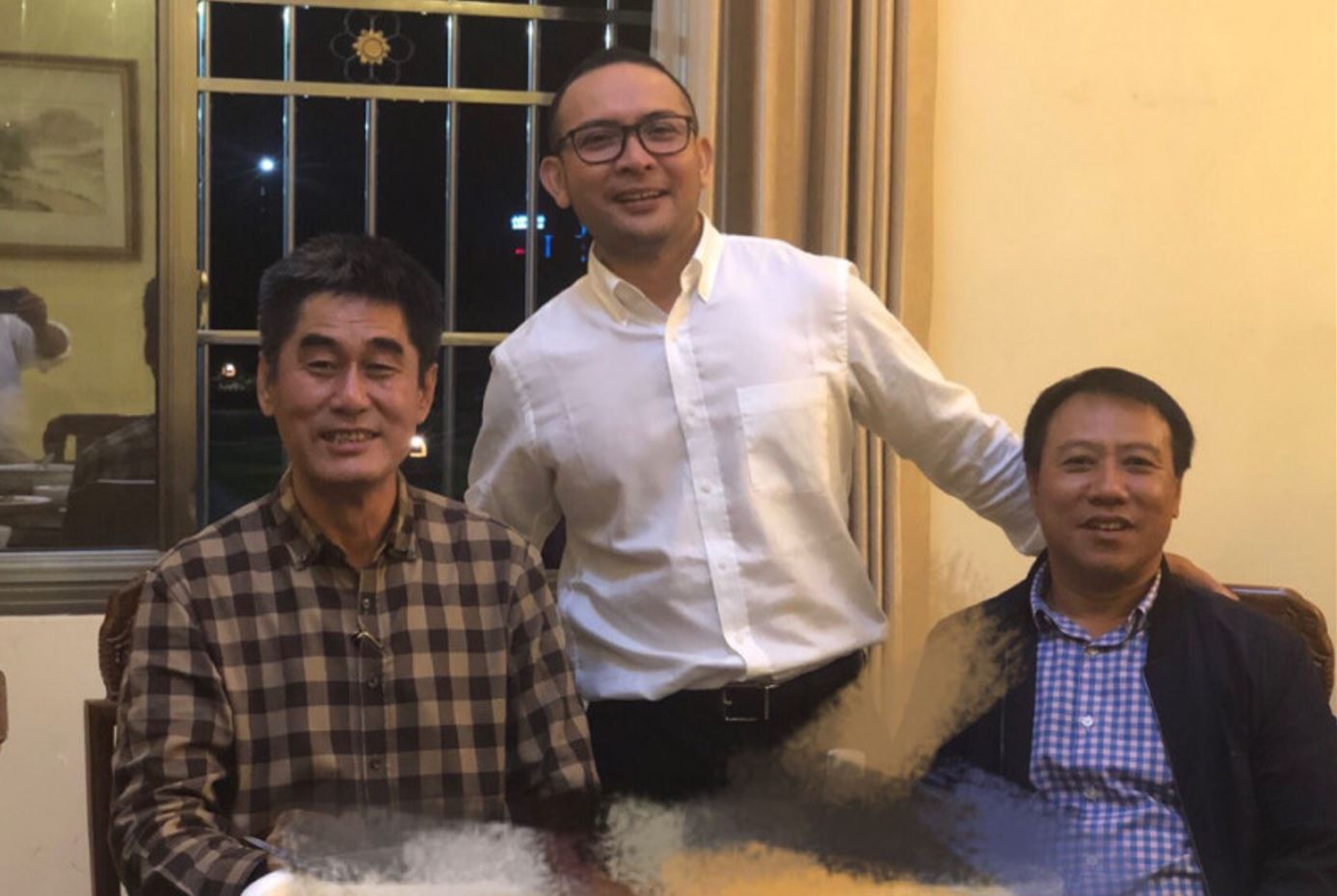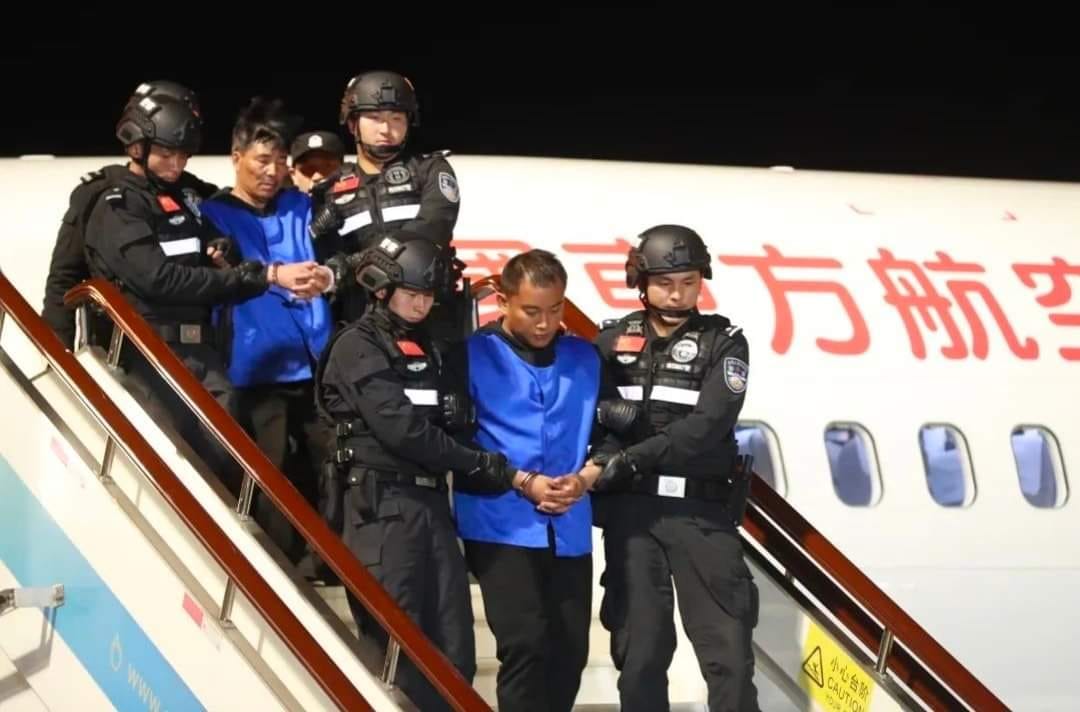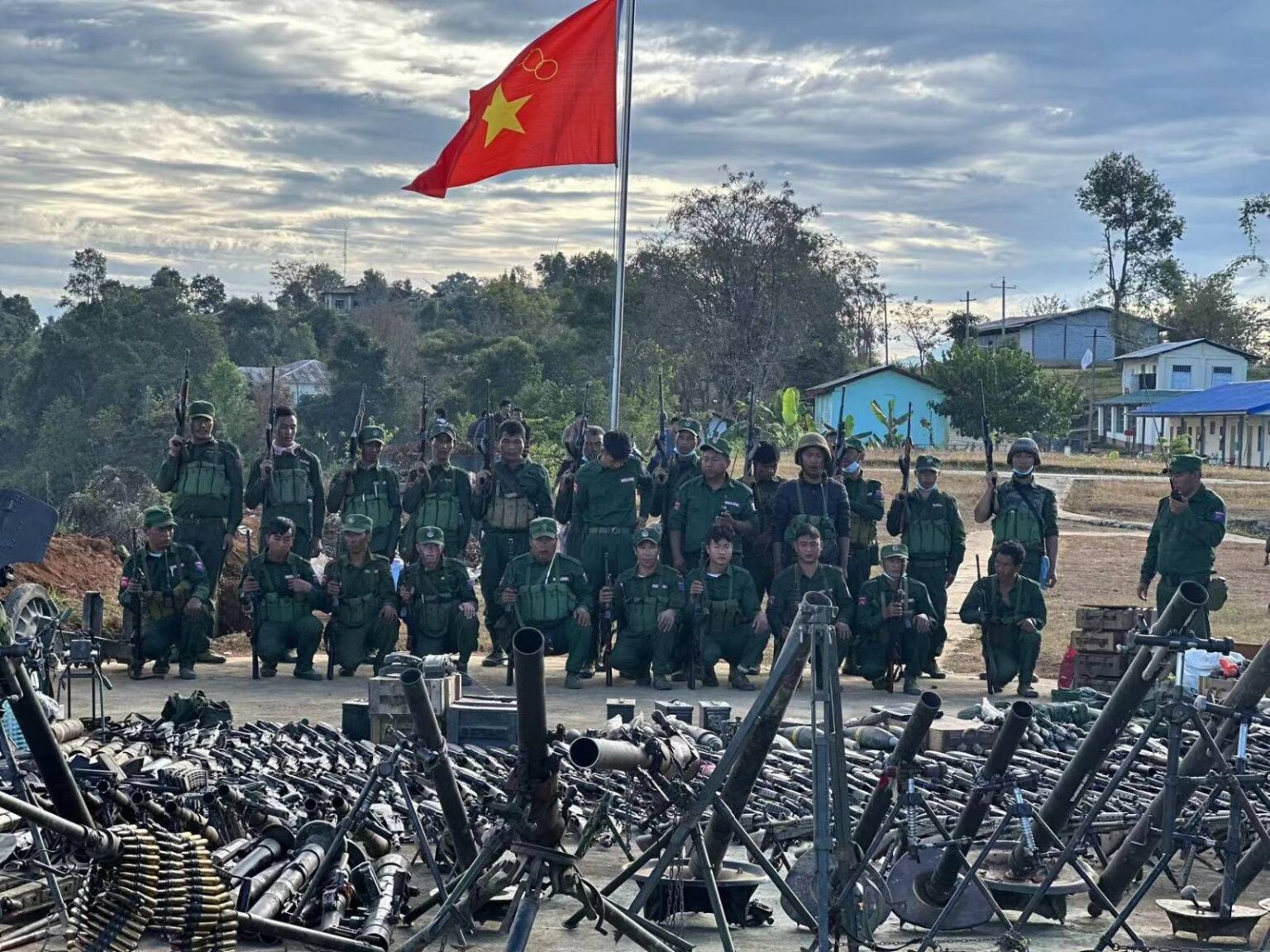CNI Article
6 May 2024
Since anti-government forces in Myanmar took control of Laukkai this year, Myanmar army has lost more than 50 posts near the area. Laukkai is the largest and capital city of Kokang region that shares a long border with Yunnan province of China. With a population of large Kokang Chinese, the fall of the city to the ‘Three Brotherhood Alliance’ raised suspicion among the top leadership in Naypyidaw regarding growing Chinese influence in the region.
China, which has long supported the Military Junta, is now playing with both sides. Many analysts believe that without the support from Beijing, it is impossible for the ‘Three Brotherhood Alliance’ to capture the city. China is continuously supporting these rebel forces in order to maintain the game of check and balances with the Tatmadaw.
On one hand China is supplying military equipments and aircraft to the Naypyidaw, on the other hand, it is continuously arming the rebel forces like Arakan Army, Myanmar National Democratic Alliance Army, and the Ta'ang National Liberation Army. Experts even claimed that it was Beijing that actually facilitated the unification of these three groups into the ‘nce’ against the Tatmadaw.
Recently, these forces have acquired strongholds in a large part of the northern border. And it’s not just a coincidence that China is operating hundreds of casinos, cyber trafficking industries and ‘pig butchering’ hubs in these areas. Laukkai has been the crime capital of Northern Myanmar owing to the influential Chinese gangs in the region. From gambling industries to kidnapping, extortion and arms smuggling, under the influence of these armed Chinese gangs crime has raised to another level.

Three Brotherhood Alliance
In last one year, Tatmadaw has accelerated military actions against these groups. These Chinese gangs and the illegal businesses in the region have direct or indirect connection with many of the Chinese Communist Party’s (CCP) members. Corrupted local CCP members from bordering provinces of Yunnan and Sichuan operate illegal casinos and ‘pig butchering’ hubs in these northern part of the country. Local populace are either forced to work for them or forced to migrate.
Another business in which many of CCP members are involved is of drug trafficking. Being part of the ‘golden triangle’, more than 50% of all drugs smuggled to Southeast Asia and the Pacific passes through Myanmar. As per a report by United Nations Office on Drugs and Crime, Myanmar became the world’s largest producer of opium in 2023, with an estimated production of more than 1000 tones of opium.
Poppy cultivation is the prime source of living in the Northern and Northwestern part of the country. As per several reports, many of the Chinese CCP members and their associates and local Chinese groups have been directly associated with the cultivation and smuggling of opium and drugs to the adjacent countries. Question remains that whether Beijing is aware of these CCP members or not? Or whether there is any involvement of bigger players (ministers) that stops Beijing administration to take actions against these individuals.
Tatmadaw fears that the monetary gains from these drugs smugglings have recently been used by the rebel groups to illegally import arms. Therefore, it has launched a drive against these groups. Fearing the complete wipe out of poppy cultivation in the region, Chinese groups have started favoring the various rebel groups, who in exchange of support, money and arms, provide safe haven for these groups.

While the Chinese police arrested the leaders of the tiger distribution business
Another reason of Chinese interest in the rival groups of Myanmar is because of the huge deposits of rare earth metals. In terms of processing and refining of rare earth metals, Myanmar accounts for 9% of global production. It is estimated that Myanmar might have seven times more deposits of these metals. With help of these rival groups, it would be easy for Chinese mining gangs to smuggle these rare elements worth of billion of US dollars.
Beijing also fears the uncontrolled growth of these local Chinese groups in northern Myanmar had now started to launch cyber frauds against the Chinese citizens. Despite regular requests from Chinese authorities, Tatmadaw seems least concerned. By supporting these rival groups, China is trying to somehow blackmail the Junta.
Similar blackmails have been visible in the case of Chinese economic interests as well. China needs the China-Myanmar Economic Corridor (CMEC) to start operating on time. Chinese Malacca dilemma has paranoid her and it is trying to put pressure on the Myanmar government to complete the project on time. Many geo-political experts argue that with the mounting pressure from Beijing and its support for the rival groups has forced Tatmadaw to allow Beijing to use various ports and islands of Myanmar as military bases. Recently, Chinese military presence on the Coco Island has increased rapidly, raising concerns in the adjacent countries.

When the MNDAA occupied the Myanmar Army military base
Another reason is the issue of the Shan state. Since, rebels took control of a vast region of the Shan state, number of illegal migrants in the adjacent Chinese Province of Yunnan increased rapidly. By appeasing these rebel groups would not only help Beijing to get rid of these unwanted guests but would also help it to control the inflow of opium smuggling into China through Yunnan.
Beijing also fears that the ethnic minorities of the Yunnan might also get influenced by these rebel forces as these people along both side of the border share same ethnicity. A rebellion is something that Beijing fears the most. CPC is already dealing with the wrath of Tibetans, Mongolians and Uyghurs and it would not allow any new revolt like situation in its territory, especially in a region like Yunnan where tens of different minorities reside.
Among these check and balances and the geo-political games, it’s the people of Myanmar that are suffering the most. Since 2021, approx a million of people have lost their habitats and hundred of thousands were forced to leave their nation. In such a time when Beijing needs to provide assistance to the people of Myanmar, it is involved in a zero sum game in order to fulfill its own self-centered geo-political wants.




